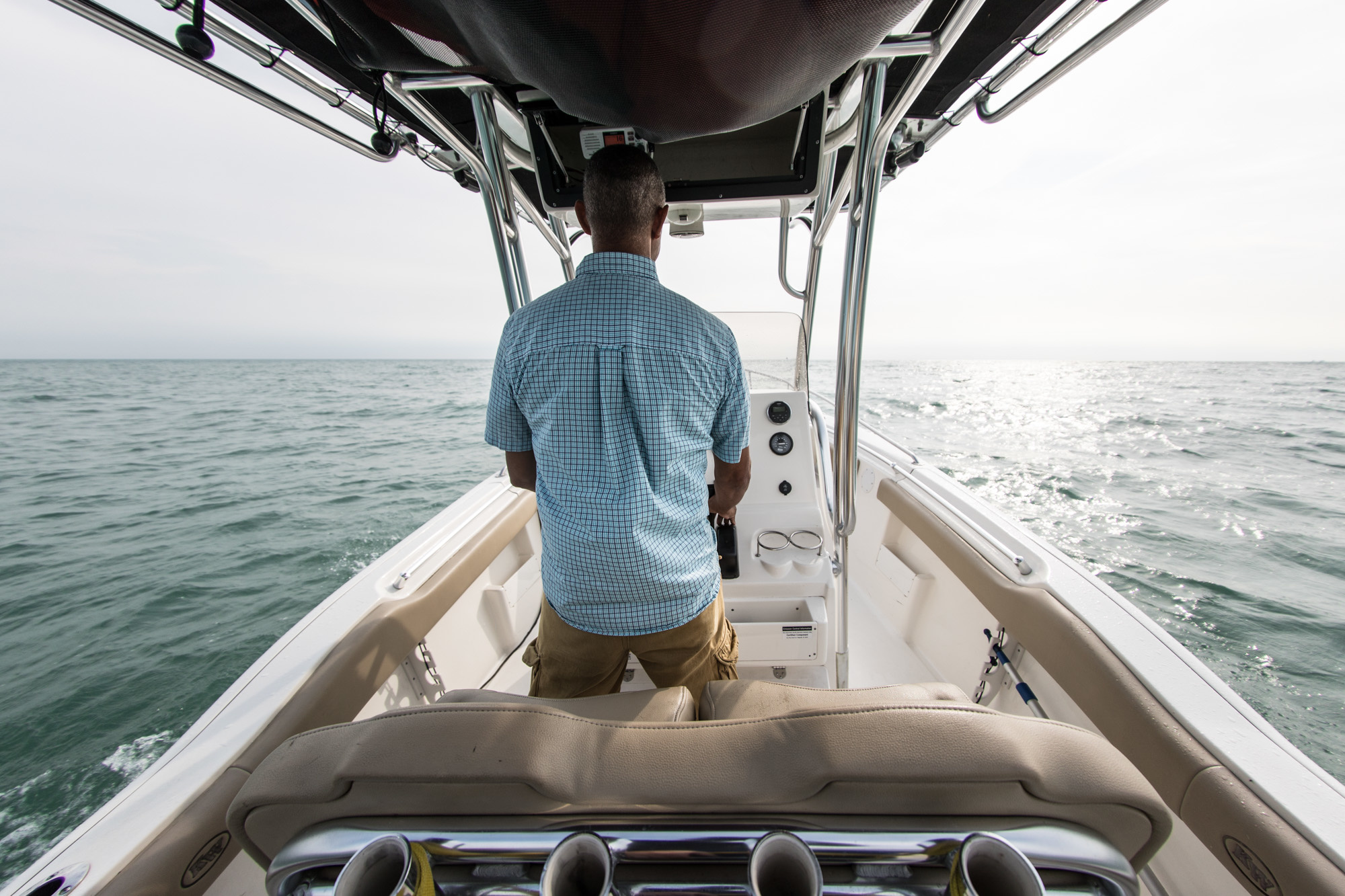Boat Handling Skills to Know

Whether you are new to the boating community or have spent the majority of your life on the water, it is important to know some basic boat handling skills before operating a boat. This list of skills doesn’t take the place of on-water boating safety instruction, but knowing how to do them correctly will allow you to maneuver your boat in any type of situation regardless of the wind or current, after a lot of practice.
.
- Balance your Load
Before heading out on the water, it is important to balance the weight of the people and gear in the boat so that the boat can travel through the water with as little resistance as possible. If you are listing to the port side or if your bow is too far up in the air, it will be more difficult to steer and control the boat. You may find that you need to adjust the trim on your outboard engine as well to help balance things out.
.
- Keep a Proper Look Out
Any time that you go boating, regardless of the speed, it is important to keep a proper look out. The boat operator needs to be aware of other boats and objects around the boat at all times, and look for ways to avoid collisions with them. It is often helpful to select one of your passengers to be your official look-out so that you can make sure that your full attention can be directed toward operating the boat.
.
- Steering a Boat
The first thing to understand about operating a boat is that it steers from the stern, or the back of the boat. This means that a boat will need more room to turn in close quarters, like in a marina, and you will need to start your turn much earlier than you may otherwise have thought. Also, because boats don’t have brakes, it is critical to proceed at a slow speed when operating in close quarters. Often, you’ll find that you can perform most docking and departing situations at or just above an idle speed. Slow and steady is best.
.
- Accounting for the Wind or Current
A boater needs to be aware of the wind speed and direction as well as whether there is a current. While the wind is often more noticeable because you can feel it and see flags or tree branches moving, the current can be more tricky to detect because it is underwater. Both can have a tremendous impact on your boat’s steering and maneuverability and neither should be ignored. It is important to learn how to “hold station” or remain in one place regardless of the impact of wind or current so that you can maneuver your boat where you want it to go rather than where Mother Nature is trying to take it.
.
- Docking the Boat
Knowing how to safely end your boating trip at the dock is often the most difficult boat handling skill to master. This is because no two docking maneuvers are the same. One day, you may be able to pull alongside a dock without difficulty while another day may be more challenging because of the number of other boats nearby and the small space available to maneuver. Plus, the previously mentioned wind or current can cause troubles. Visit the marina on a weekday in the morning when it will not be as busy to give you plenty of practice space and time without lots of other people around.
.
- Bonus Tip: Always be or designate a sober skipper!
Operating a boat can be tricky even on a perfect weather day with the perfect crew, but attempting to maneuver a boat while under the influence of alcohol or drugs can have deadly consequences. If you are the operator of the boat, make sure you remain sober and alert at all times, otherwise, designate someone else to be the sober skipper to keep everyone safe.
